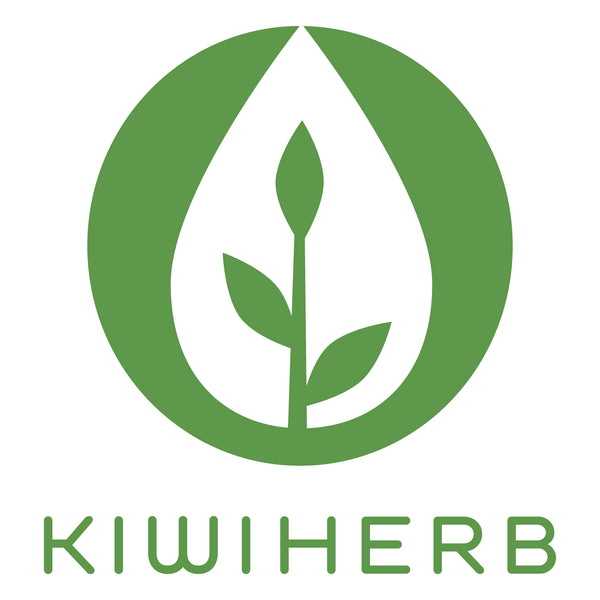Echinacea

Botanical name: Echinacea purpurea
Common name: Echinacea, Purple coneflower
Part used: Root
Endemic to North America, this attractive plant is a traditional remedy for a wide range of infectious and inflammatory conditions. Its use was adopted by European settlers and quickly became one of the most popular herbs in North America, but with the introduction of antibiotics in the 1930’s the use of Echinacea began to decline. In Europe however, the popularity of Echinacea continued to grow and today it is renowned worldwide as a valuable immune support herb and powerful natural tool for combating winter ailments.
As with many herbs, there is often scientific interest in establishing exactly which plant-chemicals are responsible for its medicinal activity. These studies are important as they can provide accurate ways to measure the potency of a herbal preparation. In Echinacea, a group of compounds called Alkylamides have been shown to be particularly important for its immune stimulating action. Whilst other constituents in Echinacea have also demonstrated immune activity, many of these are not very well absorbed into the bloodstream and it seems unlikely that they are useful indicators as to the quality of an Echinacea preparation.
Alkylamides are found in the highest concentration in the dried root of the plant and interestingly, root based preparations were traditionally favoured over those made from leaves and flowers. Alkylamides also have the interesting effect of causing a mild tingling sensation on the mouth and tongue. An early way of determining the quality of Echinacea roots was to chew them – with a strong tingling sensation indicating superior quality. This test still remains true today and is an easy way to determine a high-quality Echinacea product.
Clinical trials have shown Echinacea to be useful in both preventing as well as treating bacterial and viral infections including colds and flu. However, trials involving low doses of Echinacea products, or products with very low levels of Alkylamides have failed to achieve beneficial outcomes and resulted in much adverse publicity for Echinacea in general. As with other medicines, it is crucial to take sufficient doses of herbal remedies that provide effective amounts of the active plant-chemicals in order to produce a therapeutic effect.
Why Kiwiherb Echinacea?
- Kiwiherb Echinacea extract is a premium Echinacea product made from Certified Organic, New Zealand grown Echinacea purpurea root
- Only the root is used as this is proven to be the strongest part of the plant
- Each 5ml dose is guaranteed to contain a minimum of 3.5mg of tongue tingling Alkylamides – shown to provide much of the active immune benefits of Echinacea
Find Echinacea in Kiwiherbs Children's Organic Echinature, Organic De-Stuff for Kids, Children's Organic Throat Syrup, Echinature, Organic De-Stuff, Herbal Throat Spray, Organic ImmuneGuard and ImmuneBerry.
Return to our Herb Profiles
